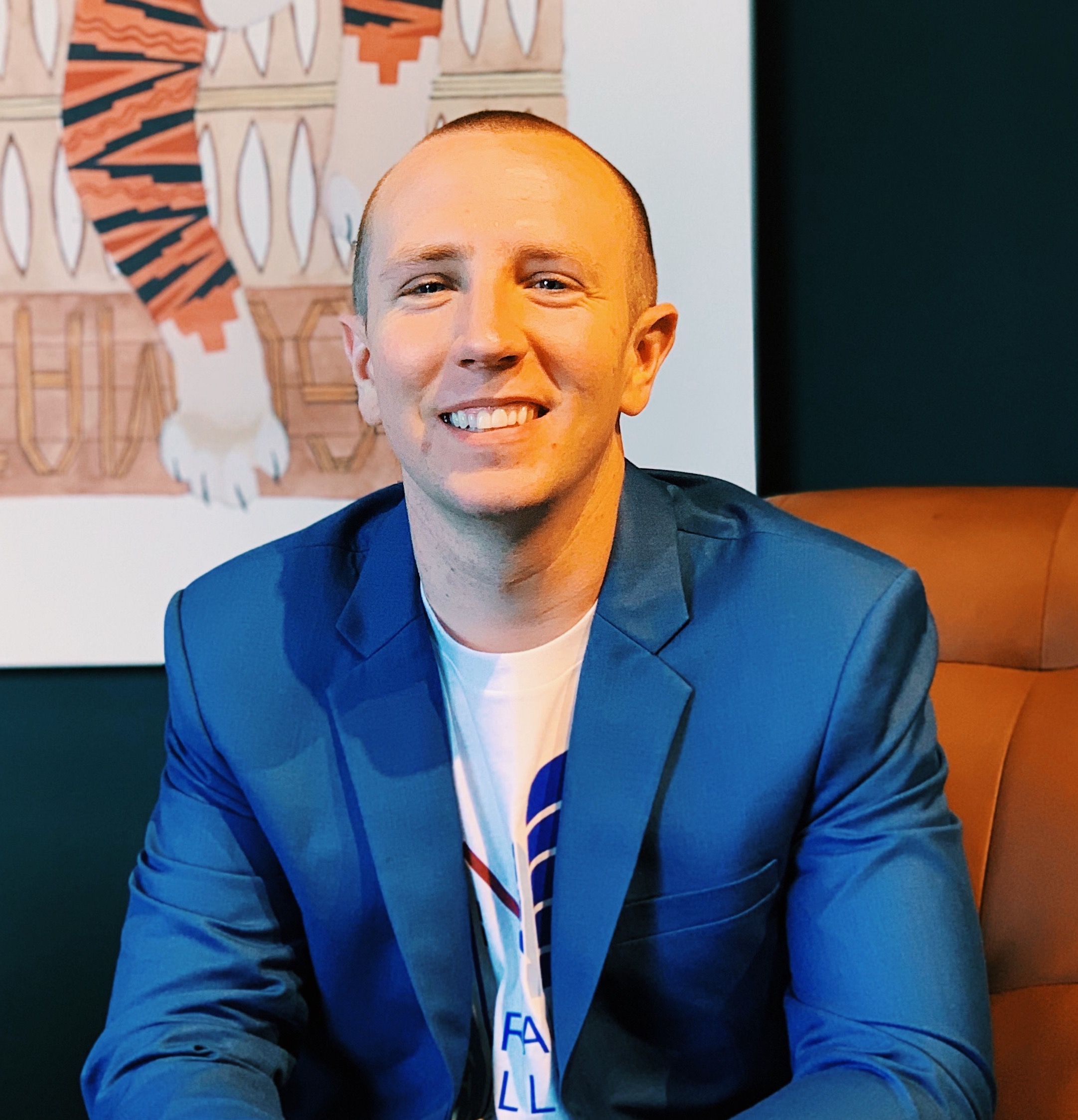Key Takeaways
- Developing relationships at banks and your local branches is essential. You want to be known by the staff.
- Your chance of approval for any products they offer goes up if you have a strong relationship with all employees willing to do what they can to see you succeed.
- When you apply and are approved for a new card, you will be provided with offers such as 0% interest for 6-22 months or receive sign-up bonuses of $100-$3,000.
- Even when you are denied, afterward, if you call the reconsideration line, the ability to state that you have an ongoing relationship will improve your chances of approval tremendously.
- You will want to use multiple products and services from each bank to help build the relationship quickly, having several accounts for various uses.
Credit experts know that to get the most out of their credit, they should develop relationships with as many banks as possible. The students of the company, Credit Counsel Elite, and their mastermind members learn that there are numerous benefits gained from doing so. Knowing that there are over 4,300 banks nationwide that all want to lend to you, you’ll have quite a few to choose from. You don’t need to have a lot of money in each account; however, there are internal ratings banks use on each individual’s account, and if possible, depositing $10,000+ in your account may help boost that rating significantly, but is not always 100% necessary, and you can always move your money around to make sure you get the most out of the bank relationship.
Reduced Chance of Denial
When you have an account with a bank and you know the people at the local branch, you will reduce your chance of denial. Especially if you are going for the higher range of cards, even with all of the other boxes “checked off,” such as a great credit score, you could end up being denied because you don’t have an account or history with the bank, to begin with.
PRO TIP Even if you have been denied and you immediately go in and open an account with the bank, then call the reconsideration line, this may be enough to get approved.
Knowing the individual (you and them)
Having a “friend” at the bank will always be beneficial. It helps to get that slight edge when you need anything done in your favor. Getting a fee removed or asking for a bit of help that pushes you over the finish line is possible if you have someone fighting for you. They are more likely to do whatever you need if they know you, and your strong relationship history with the bank can be shown.
The stronger the relationship, the more they want to do for you
If you have a personal checking and savings account and a business checking and savings account, and these are being utilized, banks will want to make offers to you to expand the relationship. This means you will be receiving the best offers that will help you expand that relationship with them, and you are the one receiving the benefit. Look at everything being snail and e-mailed to you; the bank’s promotions for new accounts or cards; there may be offers that are not generally available to the public and can benefit you greatly; if you know it’s an excellent offer, take advantage when you receive it. Referrals can be a good option; look for everything you can to make a little extra from an account or save a little for others. It is a cycle; the more you take advantage of their offers, the more offers will be coming your way.
Good and Throwaway Accounts
You will want to have two general types of accounts. The first are bank accounts that offer the best credit cards, mortgages, personal loan products, etc. These are the ones with which you want to develop the best relationships. They are the ones you will build over time so that you can get their best offers for products and cards. For these “good accounts,” you will focus on expanding the relationship; making sure to know any critical spending rules or policies that they might have and sticking to them.
You don’t just want the best accounts; you also want to create accounts with banks that are “throwaway” or “burner” banks Brandon calls them. You do not care much about these accounts, and if they are closed, there is no severe loss (don’t worry, you won’t lose your money, you will always get it all back). These types of accounts will mainly be utilized for manufactured spending. They will offer basic cards with usually a maximum of 1% cashback or nothing, and there may be stipulations on this as well.
Stay Organized
To make sure you know each account and what it offers, stay organized, have a spreadsheet that tells you important information about the bank and what is needed to get bonuses (number and amount of deposits and timeframes), keep fees at minimums (follow the minimum balances and use), etc.
For all of your accounts, you want to look at setting things up so you can keep the smallest minimum balance and not have to pay fees while still getting the maximum benefit.
Summary
Building relationships with banks is key to receiving the best benefits and is always the first place Brandon guides people to start. If they know you and like you, they will help you the best they can according to Elliott’s experience. Make sure while setting up new bank account relations no more than once a week, look for the most useful options that will help you hack the system, then build your relationships with banks that provide the best offers to help hit your goals.
Credit Counsel Elite teaches business owners how to get up to $500K at 0% interest every six months; for more information, CLICK HERE.

